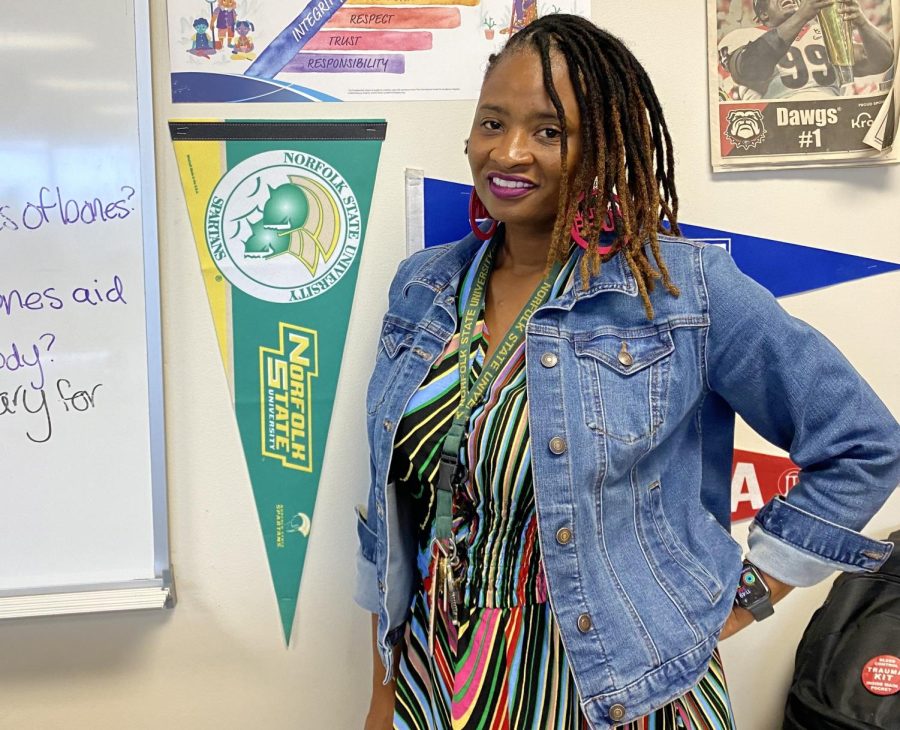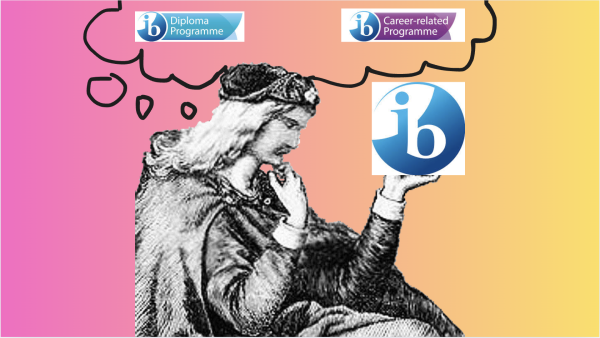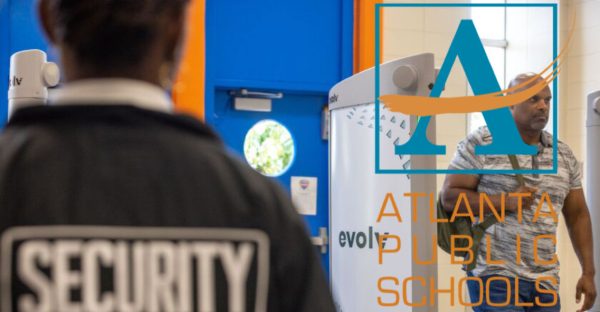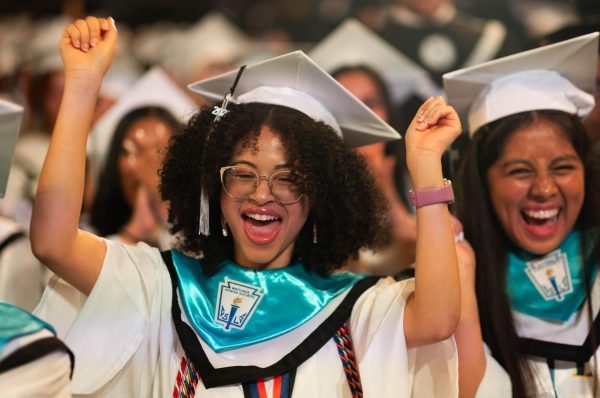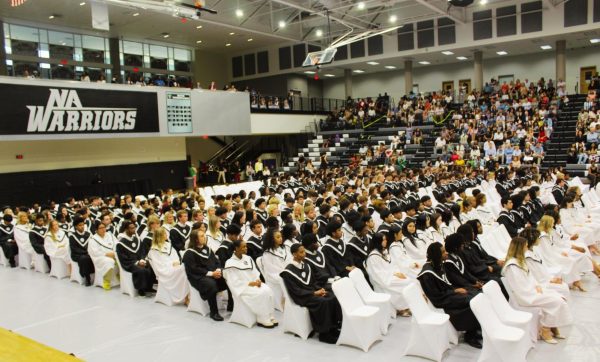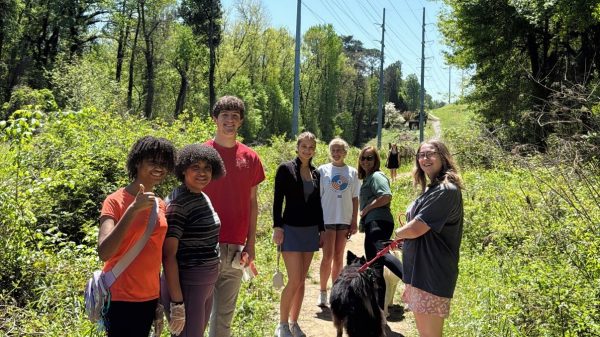H. B. C. (Do) U. Know the History of Historically Black Colleges and Universities?
HBCU week has unfortunately come to a close, but the spirit of Historically Black Colleges and Universities lives on through future alumni and current alumni here at North Atlanta. Their unique culture and strong academics make them a strong choice for many NAHS students. HBCUs not only have a lively spirit but a rich history as well.
HBCUs were founded in the early 19th century to provide African Americans with the opportunity to receive a college education. During this time, African Americans were not welcome in the already established colleges and universities, leading them to assemble their own. “HBCUs were created to connect people who are similar, not only with culture but also academics,” Junior Christiana Campbell said.
In 1837, Cheyney University in Pennslyvania became the first historically black university to be founded in the United States. The goal was to give African Americans the possibility to receive decent jobs through education. After the Emancipation Proclamation, there was an influx of HBCUs being founded – including Atlanta’s very own Morehouse College. 89% of all HBCUs are in the southern region, and there is a reason for that. During the time of their founding, Northern colleges and universities were more likely to allow African Americans to attend than the campuses of the south. While this was very unfortunate at the time, it has now allowed for the south to be showered with immaculate culture. Quite a few of these culture pockets are located here in Atlanta. Clark Atlanta University, Morehouse College, Morehouse School of Medicine, Morris Brown, and Spelman College all make up the AUC, or the Atlanta University Consortium. All located within a mile of each other, they form a tight-knit community. A welcoming environment, the AUC allows for strong relationships to form. The communities of HBCUs in general are made to make African Americans feel at home and accounted for. “One of the biggest benefits of going to an HBCU is that you’re going to an institution devoted to the academic development of people of color,” said NAHS college advisor Chantel Coleman.
With the significant HBCU presence in Atlanta, there’s no surprise in the presence of historically black colleges and universities here at North Atlanta. This year, we had our very first HBCU week. Events included workshops to aid students in HBCU acceptance and tuition, rep visits from some top-performing schools, including Spelman College and Tuskeegee University, and an amazing HBCU student/alumni panel to keep it real with the students. “I loved HBCU week because these schools are some of the best places to experience a rich and positive cultural environment,” Junior Trey Harris said.
Not only students love HBCUs, however. Many NAHS teachers are alumni of HBCUs themselves and were very content with their own experiences. “Honest to goodness, going to an HBCU was the best decision of my life,” IB Sports Exercise and Health Science teacher Tracy Joyner said.
All this is only the surface of the deep sea of history and culture of HBCUs. For many students, I challenge you to dive deeper and learn more, because you just might realize that an HBCU is the perfect school for you.


